By Gayle Lynds
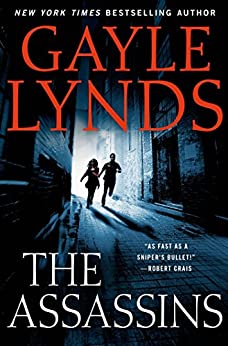
I love to talk shop. But then, every writer I know does. We can spend hours over a glass of wine (or three) discussing how to describe a pair of shoes, or smoke, or blood. Or in a really juicy conversation, we can get excited about the advantages of first-person versus third-person viewpoint.
One of the joys of writing is that there’s always something new to learn. Even when we’ve published for years, many of us still go to terrific conferences like ThrillerFest not only to sit on panels and give talks, but also to hear our colleagues detail how they messed up a character or a scene, and then solved the problem.
For myself, I write endless drafts, restructuring, polishing, analyzing word choice, that sort of thing. Despite knowing that most writers do, I used to get awfully exhausted and discouraged. One evening I was so frustrated that I told my husband, “This book is trying to kill me.”
Fortunately, he didn’t laugh at me.
And later that night, mega-bestselling author Michael Crichton came to the rescue. A writer friend sent me an interview with him in which he’d admitted he’d wrestled with the same problem.
I read eagerly: “Books aren’t written, they’re rewritten. Including your own,” he advised. “It is one of the hardest things to accept, especially after the seventh rewrite hasn’t quite done it.”
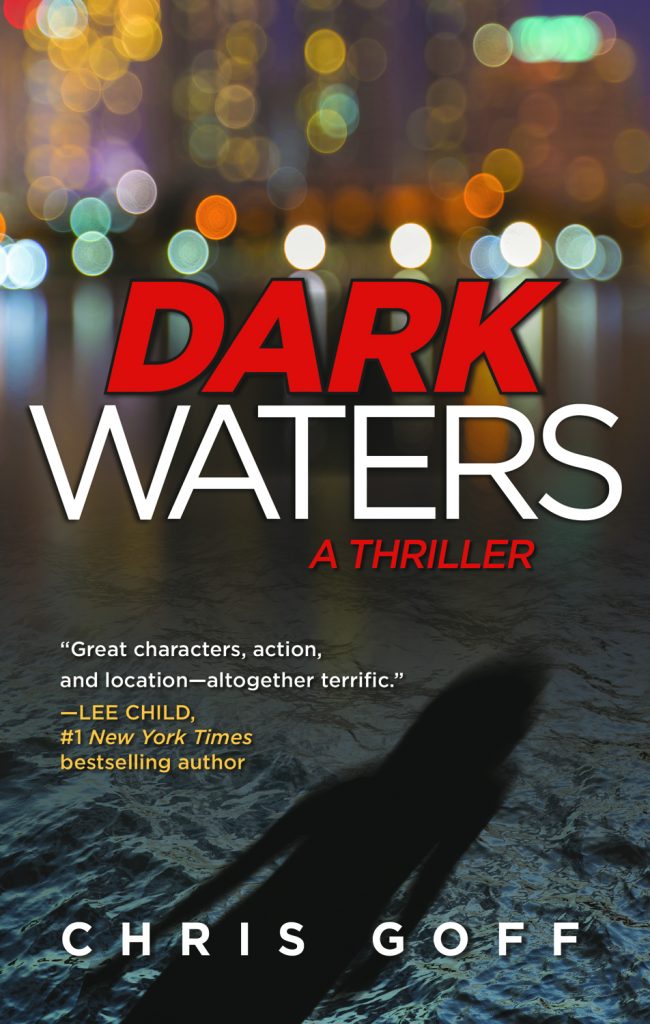
Wow. I took a deep breath, went to bed, and got a good night’s sleep. In the morning, I awoke remembering how much my books had improved with each draft. That was the goal, wasn’t it? Thanks, Mike!
What say you, fellow Rogues? What’s the best writing advice you ever got?
Chris: I was taking a class from, Robin Perini, a romantic suspense writer friend of mine, who teaches a writing method called “Discovering Story Magic.” With character development a central component of her method, she was demonstrating the need to identify both the hero’s and the villain’s inciting incidents, motivations, flaws, relationship issues, epiphanies, etc. As I was plugging info into character sheets, listing my characters’ “fatal flaws,” “short term goals,” and “long term goals,” I was reminded of something I’d read in Christopher Vogler’s book, The Writer’s Journey. Every villain is the hero of his or her own story. The concept really resonates with me. After all, if driven by sincere belief, someone’s most heinous actions can nearly always be understood.
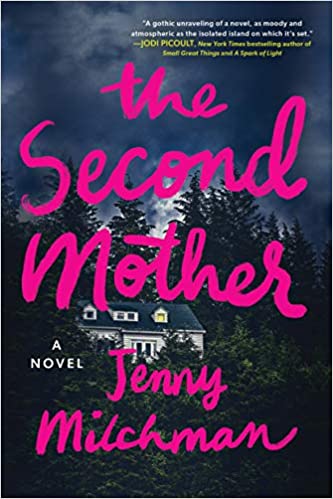
Jenny: View your story as a movie on a screen. As each beat unfolds, capture it in words, but see the story–even live the story–as if it is happening in front of you. This is my adaptation of Robert McKee’s advice–and the closest I get to an outline. Write one line, and only one line, for five beats: the Beginning, Plot Turning Point I, Middle, Plot Turning Point 2, and End. This is the scaffolding on which a whole novel can be constructed. Which character(s) are doing what during each of these when’s? The turning points send your story in a new, exciting, and unexpected direction.
Chris: This is great advice, Jenny. Today, probably because of television, we’re used to stories being told in a series of quick, tight scenes. James Patterson is the king of writing short chapters.
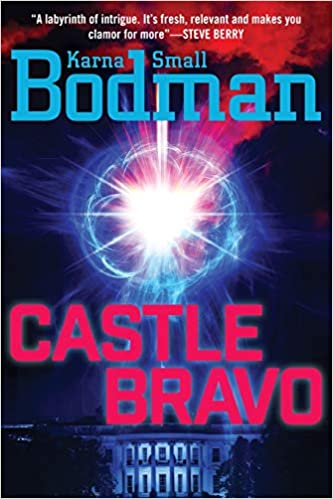
Karna: At a Thrillerfest conference several years ago, I vividly remember former International Thriller Writers President, Steve Berry, telling us that he “had been a writer for about 20 years, published for 12.” He explained that he had written several historical thrillers, and over the years he had some 85 rejections from various agents and editors. Finally, his agent secured a contract for one of his terrific novels…and Steve is now a New York Times bestselling author. The message being: “You never fail until you quit.”
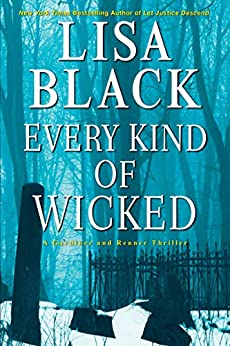
Lisa: Critique partners are invaluable. However, you don’t have to take their advice. If one person says something about one thing, you can consider it but take it or leave it. If more than one person mentions something, however, there is some word or sentence or idea there that is taking them out of the story. You don’t need to do what they suggest, but you do need to take a look at it.
The only rule is: you have to do what works for you. You don’t have to write every day if that’s not your system. You don’t have to set a word count or a time count or a page count for yourself if you don’t want to (though I would advise it). You might work in bursts, many authors do, and that’s fine…if it works for you!
Chris: Again, great advice. I can’t tell you how many writers I know spent years trying to please everyone in their critique groups. In my critique group, we finally made a rule that you could only bring the same scene in twice.
The Rogues are always open to ideas. Tell us, what’s the best book-related (reading or writing) advice you’ve ever been given?
















































Great blog, Gayle. As far as I’m concerned you write better than Michael Crichton!
Great advice, everyone!! Thank you!
Along those same lines, I always remember the phrase “Works of art are never finished, only abandoned.” So it’s okay that you’ll eternally feel ‘I could have made this better.’
So much to learn here!!! Appreciate all this great advice!
I agree, Karna – so much to learn here! Thanks everyone for chiming in. And yes, Lisa, I sometimes feel as if when I’ve finished the last draft of a book and sent it in, that somehow I’ve just abandoned it, and I miss it terribly. Did I mention writers are crazy? 😊
Oh, did that “not written, rewritten” comment arrive at the right time! Nothing scares me more than revision. I live (write) for the blank page. Thanks, Rogues!
Great advice, ladies. The best advice I ever received was, “Just finish your book.”